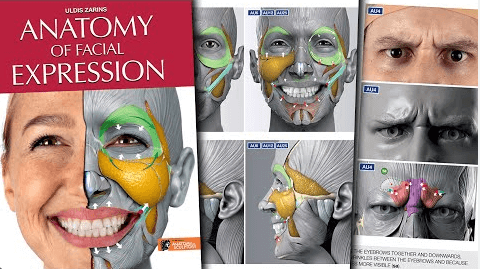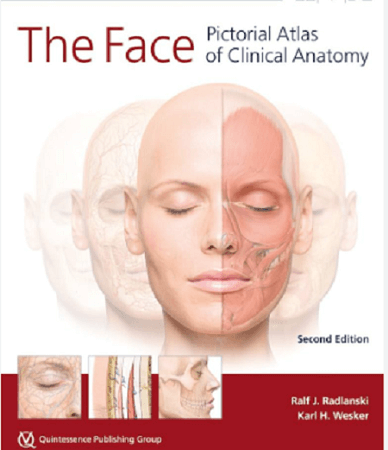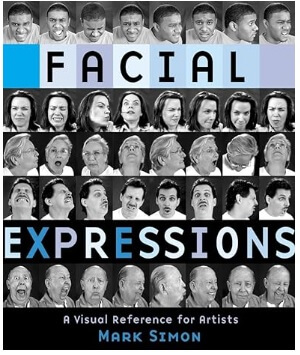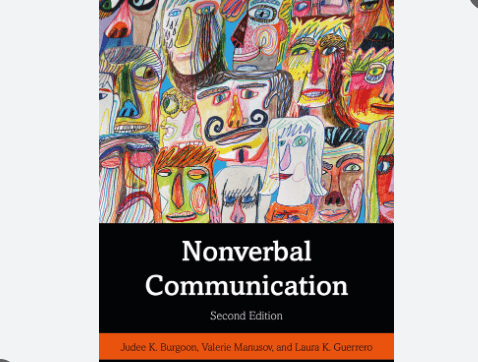Gerund Phrase

- File banner | Credit Reading Eggs
A GerundOpens in new window is a verbal noun that takes the place of a noun in a sentence. Gerunds usually end in –ing. Thus, they are spelled in exactly the same way as present participlesOpens in new window are spelled.
What then is a Gerund Phrase?
A GERUND PHRASE (sometimes called GERUNDIAL PHRASE), is a phraseOpens in new window that is introduced by a gerund and usually contains other related complements and adjuncts as modifiers.
In some cases, the first word of a gerund phrase may be a prepositionOpens in new window. In such cases, the phrase is called a prepositional gerundial phraseOpens in new window.
Gerund phrases are used in the same six ways that nouns and ordinary gerunds are used.
Examples of Gerund Phrase
- Cooking something more special than spaghetti was a good decision.
In this sentence, the gerund is “cooking”. The gerundial phrase, “cooking something more special than spaghetti,” is the subject of the verb “was.”
- After painting for almost two weeks, James and Naobi acknowledged finding the exercise to be a hassle.
Here, the gerund “painting” is the object of the preposition “After.” The prepositional gerundial phrase, “After painting for almost two weeks,” is used as an adverb modifying the verb “acknowledged.” The gerund “finding” is the direct object of the verb “acknowledged.”
- His ambition, becoming a professional footballer, could not be fulfilled.
In this sentence, the gerund is “becoming”. the gerundial phrase, “becoming a professional footballer,” is an appositive, further identifying the subject “ambition.”
- The worst side effect of the paint was cleaning stained floors.
The gerund phrase “cleaning stained floors” is a predicate nominative, identifying the subject “effect.” the noun “floors” is the direct object of the gerund “cleaning.”
- The baseball team gave winning the Humphrey trophy a good fight.
The gerund in this sentence is “winning.” The gerundial phrase, “winning the Humphrey trophy,” is the indirect object of the verb “gave.”
Gerund Phrases as Appositive Phrases
Examples of this usage include:
- His works, singing Nwomkro and dancing Kete, have earned him great wealth.
- What she does always, farming at Dosuo, is the rationale behind her long life.
The words in bold type are gerund phrases acting as appositive phrases because they are placed next to their respective nouns. See AppositiveOpens in new window or Appositive PhraseOpens in new window to flex your knowledge in appositives.
Forms of Gerund Phrase
The gerund phrase is headed by a present or perfect participle but never by a past participle. The present participle form is neutral with respect to time; the time intended is determined by the tense of the main verb. Observe these Examples:
| Present time |
|
|---|---|
| Past time |
|
| Future time |
|
The perfect participle indicates time precedent to the time indicated by the main verb. However, if the main verb is present or future, the perfect form corresponds to the present perfect tense. In the following examples the main verbs are underlined, the gerundial phrase are bolded:
- His having worked as a party cadre is no bar to his being appointed to a government post.
(Meaning that he has worked as a party cadre …post.)
- Ask him, and he will never admit having worked as a party cadre.
(Meaning he will never admit that he has worked as a party cadre…)
In cases where the main verb is past, the perfect form of the gerund corresponds to the past perfect tense:
- He disclaimed having ever accepted a bribe during his entire working life.
(Meaning he disclaimed that he had ever accepted a bribe …)
- They vaguely remembered having left the house keys with their neighbor.
(Meaning that they had left their house keys …)
Similarities Between Gerunds and Gerundial Phrases
Note that a gerundOpens in new window is a verb formOpens in new window used as a nounOpens in new window, and as such, can function as direct objectsOpens in new window, indirect objectsOpens in new window, subjectsOpens in new window, predicate nominativesOpens in new window, objects of prepositionsOpens in new window, and appositivesOpens in new window.
As verbals, they can take direct objects, indirect objects, predicate adjectives, or predicate nominatives. As verb forms (verbals), adverbs may modify them.
As nouns, they may be modified by adjectives. Thus, gerunds and gerundial phrases share the characteristics of both verbs and nouns.
As Verbs:
- They can have complements such as direct and indirect objects.
- They can be modified by adverbs or adverb phrases.
As Nouns:
- They can be used as subjects, objects, predicate nominatives or appositives.
Examples
- Feeding him (IO) a slice (DO) of orange was a welcomed gesture.
The gerund “Feeding” takes the indirect object “him” and the direct object “slice.” The gerundial phrase, “Feeding him a slice of orange,” is the subject of the sentence.
- His being hungry (PA) was no coincidence.
The gerund “being” is modified by the possessive personal pronoun “His” (used as an adjective) and takes the predicate adjective “hungry.” The gerundial phrase “His being hungry,” is the subject of the sentence.
- Being a presenter (PN) was not her dream.
The gerund “Being” takes the predicate nominative “hero.” The gerundial phrase, “Being a presenter,” is the subject of the sentence.
- Successfully ascending Half Dome’s 8,800–foot summit took more than physical strength.
The gerund “ascending” is modified by the adverb “Successfully.” The gerundial phrase, “Successfully ascending Half Dome’s 8,800–foot summit,” is the subject of the sentence.
Difference Betweeen Gerundial and Participial Phrases
The difference between a participial phrase and a gerundial phrase lies in its function.
A participial phrase usually does the work of an adjective or adverb, modifying other words. The gerundial phrase, on the hand, does the work of a noun. These differences are exemplified in the following sentences:
Comparative Examples
| Participial phrase |
|---|
|
| Gerundial Phrase |
|---|
|
| More on the Nature of Gerund phrase | ||
|---|---|---|
|
As with the nature of infinitive phrase, the gerund phrase represents a reduction of a clause. Therefore a basic sentence pattern like: |
||
|
||
| Or |
|
|
|
||
|
||
|
Observe carefully the changes that take place in the reduction of clause to phrase. The finite verb “kicked” of the clause is reduced to a non–finite participle (kicking); the subject “footballer” of the clause is contained in the gerund phrase as an inflected possessive (footballer’s) or as object of preposition (by the footballer); the object “ball” of the clause becomes object of gerund with or without the preposition “of”: |
||
| Or |
|
|
|
||
|
Note that the gerund “kicking” serves as the headword of the gerund phrase. These changes from the full subject–predicate form of the clause permit the gerund phrase to be embedded as a noun within another predication: |
||
Identifying the Gerundial Phrase Object
The object of a gerundial phrase very often comes in an “of phrase”, especially if the gerundial phrase is introduced by “the”, as shown in the following.
- The footballer’s kicking of the ball reassured the managers.
- The burning of fossil fuels leads to global warming.
In some cases the gerundial phrase may begin with some other determinerOpens in new window than “the”, as shown below.
- This wasting of gas is senseless and must be stopped.
- Some substantial saving of electricity may result from these measures.
In cases where there is no “the” or possessive “subject” preceding the gerund, the “object” of the gerund remains static:
- Renovating the house will be highly expensive.
(instead of “the renovating of the house” or “his renovating of the house”)
In other cases, a choice of “objects” is possible. You may either say:
- Shooting those dreaded man-eaters (where “man–eaters” is the “object” of the gerund “shooting”)
Or
- The shooting of those dreaded man–eaters (where “man–eaters” is the “object” of the preposition “of”).
Sometimes a gerundial phrase with an “of phrase” may result in ambiguity. For example, the gerundial phrase “the killing of the tiger” may be derived from the clause:
- The tiger killed someone or something (where “tiger” is subject).
























